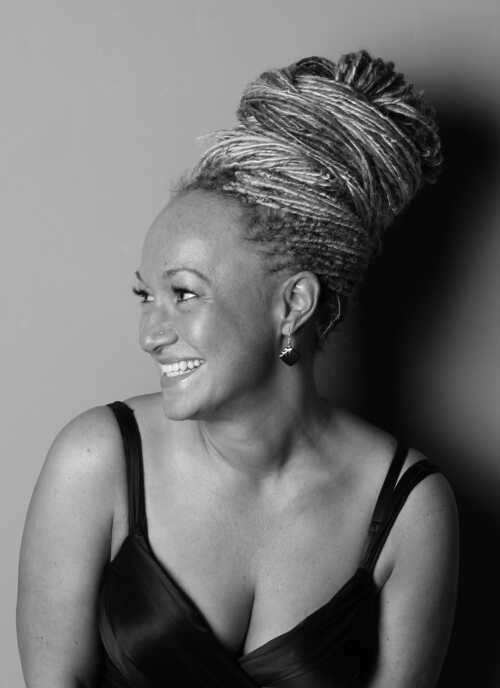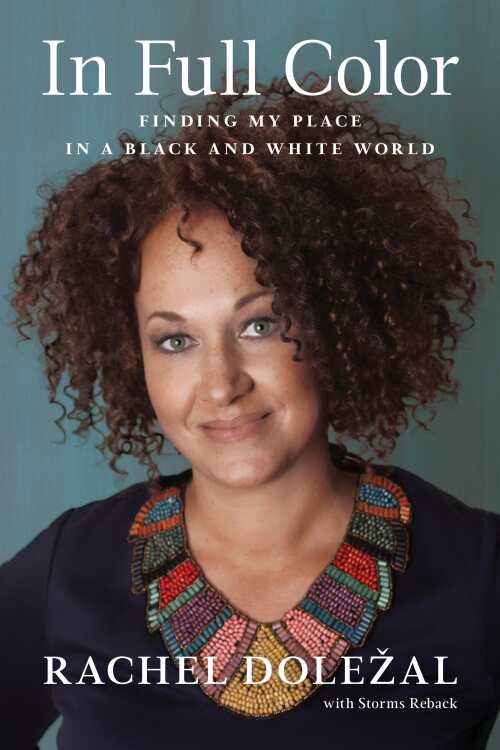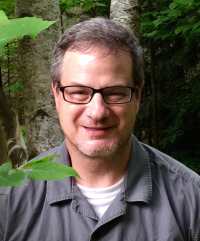Rachel Doležal, Ridiculed for 'Passing' as Black, Tells her Story of Race, Identity

African Americans have allies of all races in the continuing fight for racial equality in the United States. It doesn’t matter what color you are, anybody can speak out against injustice. But “we’re in this together” can only go so far. To truly understand what it’s like to be black in America, you have to be black in America. And that’s why many people are quite angry at Rachel Doležal. Back in 2015, the former president of the Spokane, Washington chapter of the NAACP was “outed” as white. She had been “passing” as black for much of her professional life as an advocate for racial and social justice. Well, that was too much for our quick-to-condemn social-media culture, where she was almost universally vilified.
Doležal spent the last two years unemployed and writing her side of the story, which is a bit more complicated and nuanced than can be conveyed in a 140-character tweet. Her story caught the attention of indie BenBella Books, which took a chance and published Doležal’s memoir, In Full Color: Finding My Place in a Black and White World.
“Rachel’s story is utterly unique, and I found it completely fascinating,” BenBella Publisher Glenn Yeffeth told Foreword Reviews. “Her life—and people’s reactions to it—tells a great deal about race in this country. I’m delighted we have the opportunity to publish it. I recognize that the book is controversial for some, but do we really want to live in a country where no one published controversial books?”
Foreword Reviews also welcomes all voices, so in our interview below, Rachel talks about her story and why she put herself in the spotlight again by writing a book.
You went through a terrible time a couple of years ago, when you were mocked at best, vilified at worst. Why would you subject yourself to this again by writing a book?

Rachel Doležal: 'I am not neutral on the black/white political and social divide, so I stand in solidarity with my own internal values and sense of self.'
I have no intention of subjecting myself to further ridicule or scorn. I wrote In Full Color to advance the conversation about race, encourage others to be exactly who they are, and to set the record straight by telling my whole story.
Biologically, there’s no such thing as race. It’s purely a social invention. That’s basic science. So, why fight to be seen as a member of one race over another?
Yes, race is a social construct, and I identify racially as human since we are one human race. As we know from history, social constructs are very powerful in dictating social behaviors and lived experience, so as long as race is perpetuated as a worldview, boxes for race are listed on forms, and people constantly question and assert racial identity, I will assert my affiliation with black culture and philosophy. I am not neutral on the black/white political and social divide, so I stand in solidarity with my own internal values and sense of self, with my sons and sister, and with the greater cause of undoing racialization and white supremacy—on the black side of that divide.
The indie publishing world takes on voices that are not necessarily popular. So, it’s no surprise that BenBella Books took a chance with you. Was it hard to convince them? How was the experience of working with BenBella?
I am grateful that BenBella picked up my book, and the experience working with their team has been extraordinary. The credit for connecting me with BenBella goes to my agent, Michael Wright, who believed in my book for over a year and knew that the personalized approach of BenBella would be a good fit for my nuanced story.
How do you see your life progressing after this experience? You’ve worked for social justice causes for a long time. Will you be able to continue?
I absolutely will continue working for social justice causes. I really have never stopped, but being unemployed for two years has put some severe limits on how much I can accomplish. I volunteer for two nonprofits and assist individuals with discrimination cases as time allows, but I really look forward to being increasingly more effective in my activism in the future as my career and family life re-stabilizes.
Which authors have had the most influence on you?
Dorothy Roberts, Audrey Smedley, Ann Morning, Assata Shakur, Toni Morrison, and James Baldwin.

Howard Lovy is executive editor at Foreword Reviews. You can follow him on Twitter @Howard_Lovy
Howard Lovy
